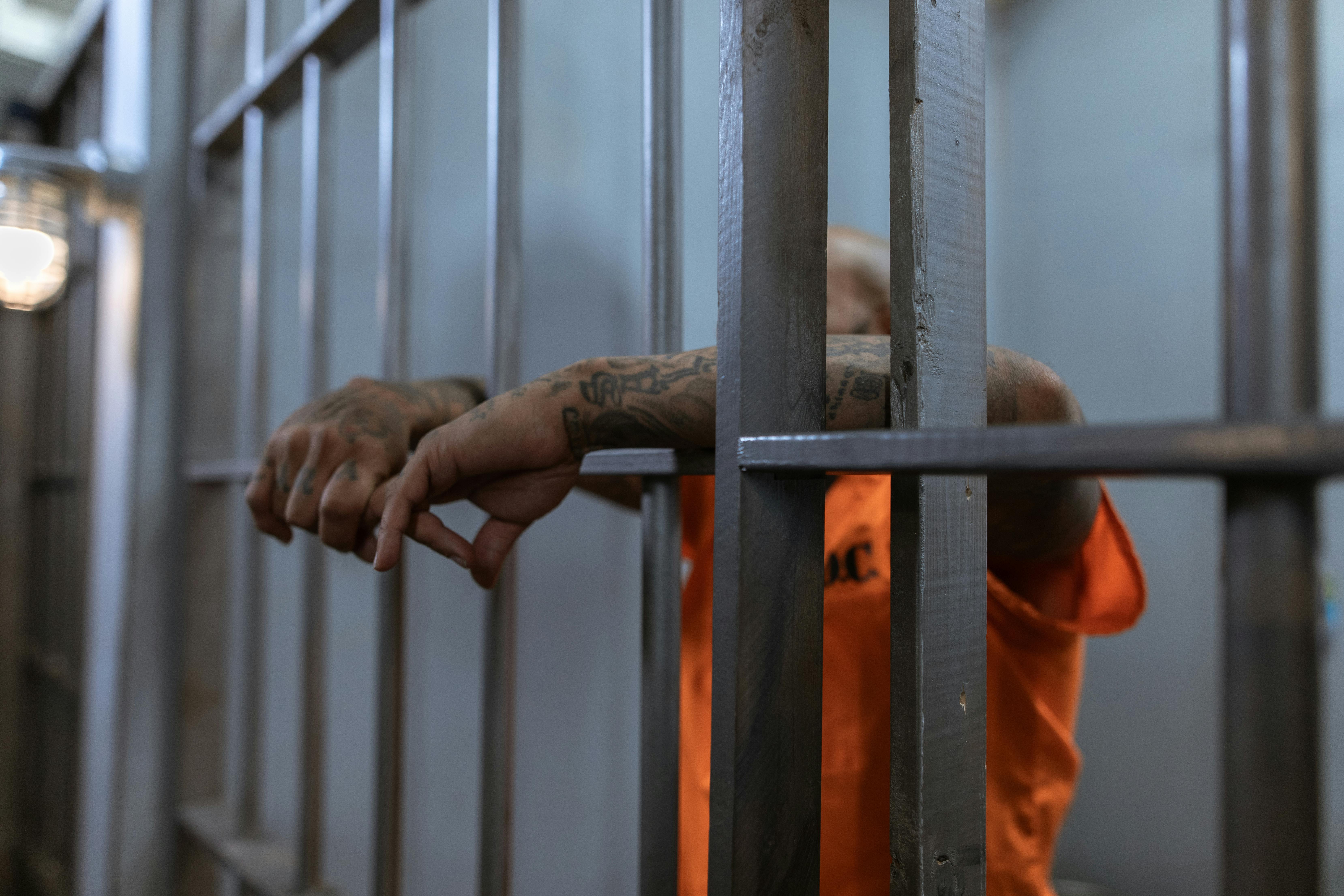Consider the following question. If you were presented with a document from another country, how would you know it is genuine? This problem is further complicated if the document is not written in your own language. Unfortunately, we live in a world where documents can be forged, recreated, tweaked, and ultimately misused. The Hague Convention introduced the apostille service to assist member countries in certifying documents that are required in an official capacity.
There are many examples of when an apostille may be required. If you were to get married abroad, you may need to obtain an apostille certificate on your birth certificate or an affidavit stating that you are single and have legal permission to marry. People buying property abroad often need to probate a power of attorney that allows a person to act on their behalf during the transaction. If you have changed your name by deed survey and want to move abroad, the local government may need to see a legalized version of your name change deed survey. If you are seeking employment abroad, you may need an apostille certificate on a criminal record check or on your educational documents.
Requests for apostille certificates are on the rise. More than 60 countries now recognize the apostille certificate and its use is becoming more widespread. If you need an apostille certificate, you’ll need to find a service provider in the document’s country of origin. For example, it is normally not possible to legalize documents within the UK that were created in India.
Before a document can be processed at the probate office, it must be officially certified and signed by a notary public or attorney, be an official government document, or bear the seal or stamp of an appropriate authority. Common examples of documents include general registration documents, court documents, and academic results.
More than 60 countries have accepted this specific convention on Apostille Certificates, including the UK, most of Europe and the US. The list of countries continues to grow and the apostille is increasingly in demand by more governments and organizations within Of each country.
While some may view document legalization as bureaucratic, it has been welcomed by many countries that need to verify another member state’s paperwork. The apostille is not a foolproof way to verify documents, but it does provide some security and helps reduce the burden on local courts and embassies certifying documents.




